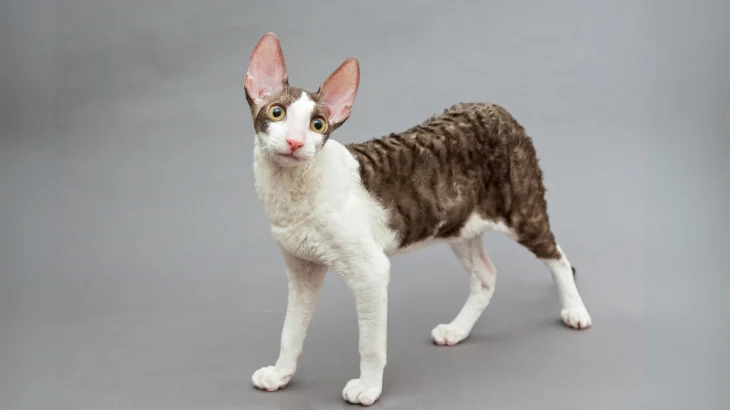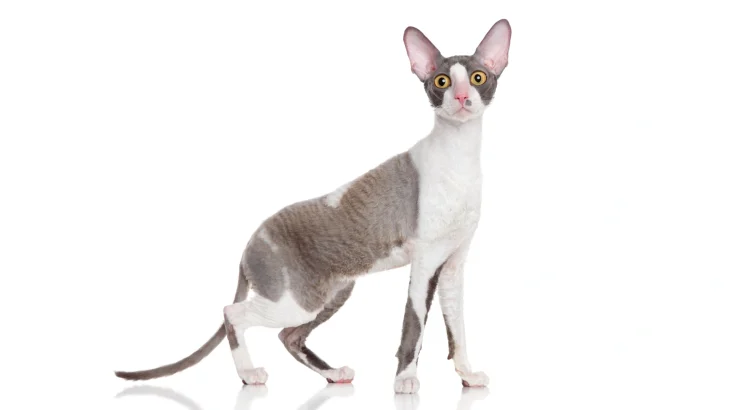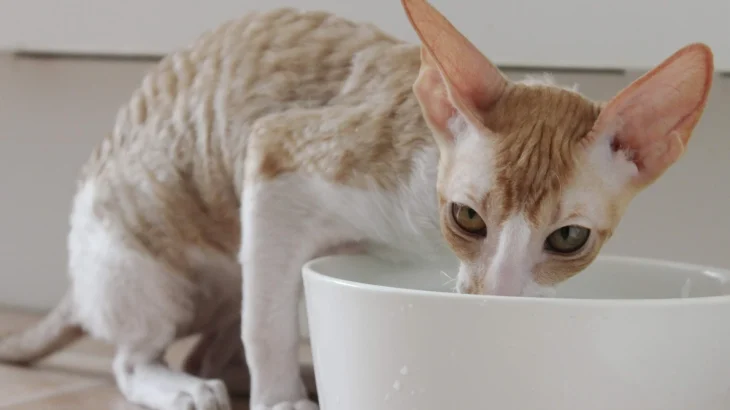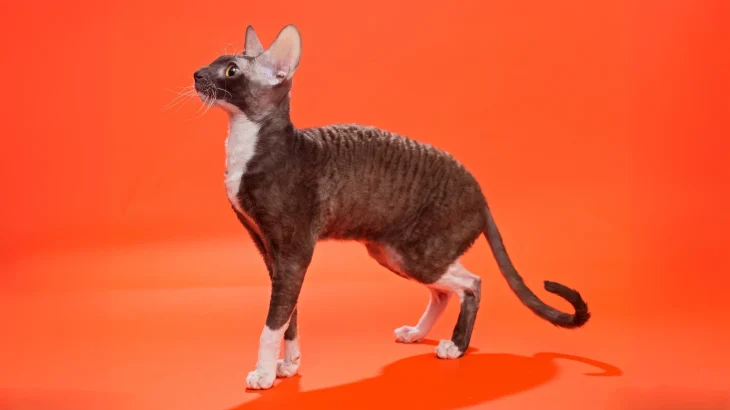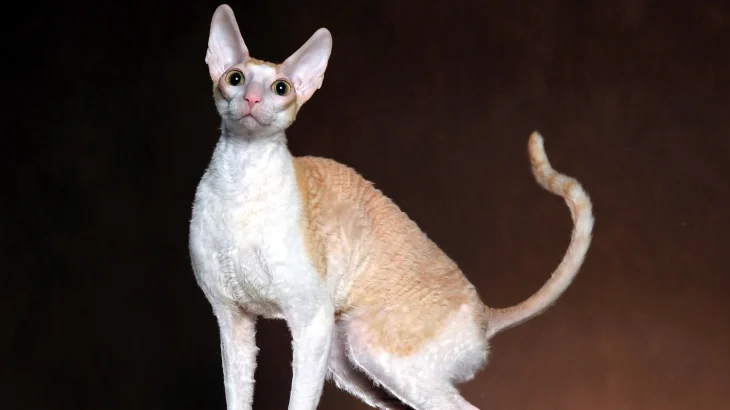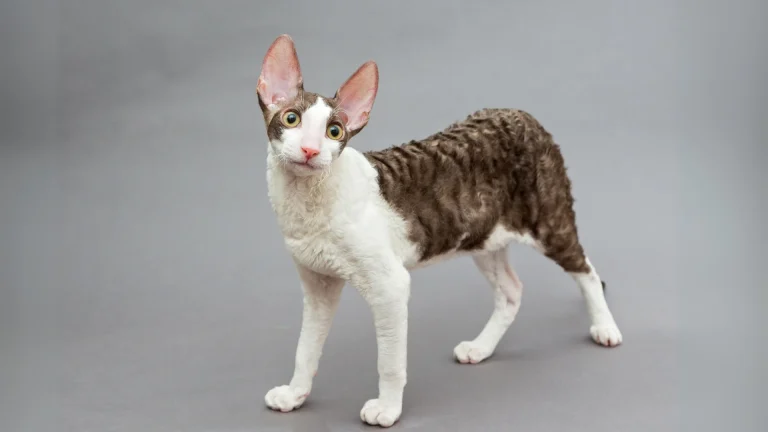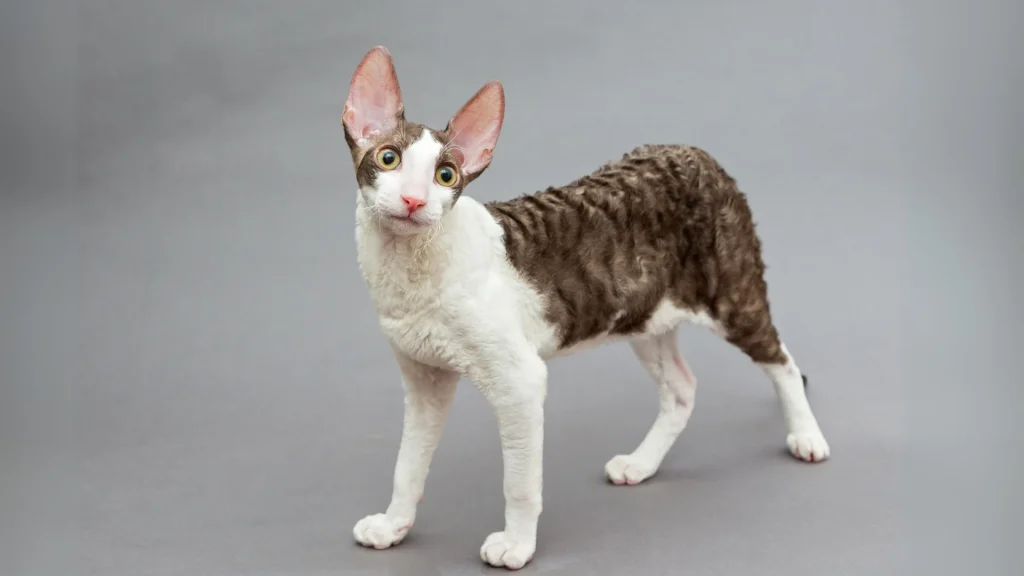When deciding to welcome a Cornish Rex kitten into your home, the choice usually comes down to adopting from a shelter or purchasing from a breeder. Each option offers its own benefits, especially considering breed-specific health and pedigree details. Your decision may depend on factors like cost, health transparency, and ethical considerations related to these unique cats.
| Criteria | Buying from Breeder | Adopting from Shelter/Rescue |
|---|---|---|
| Cost | Generally higher, often $800 to $2,000 reflecting breed rarity and pedigree. | Typically lower fees, often covering vaccinations and spay/neuter. |
| Health History | Usually detailed health records and genetic screening available. | Health history can be limited; basic health checks done. |
| Age Availability | Mostly kittens, allowing early bonding and training. | Variety of ages, including adults with established temperaments. |
| Temperament Insight | Breeders provide insights based on lineage and early behavior. | Shelter staff may share behavioral notes; background may be limited. |
| Supporting Practices | Supports breed preservation from responsible breeders. | Helps reduce homeless cats and supports animal welfare efforts. |
| Ethical Considerations | Requires careful breeder choice to avoid unethical breeding. | Promotes rescue and second chances, though breed purity isn't guaranteed. |

